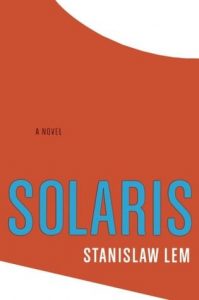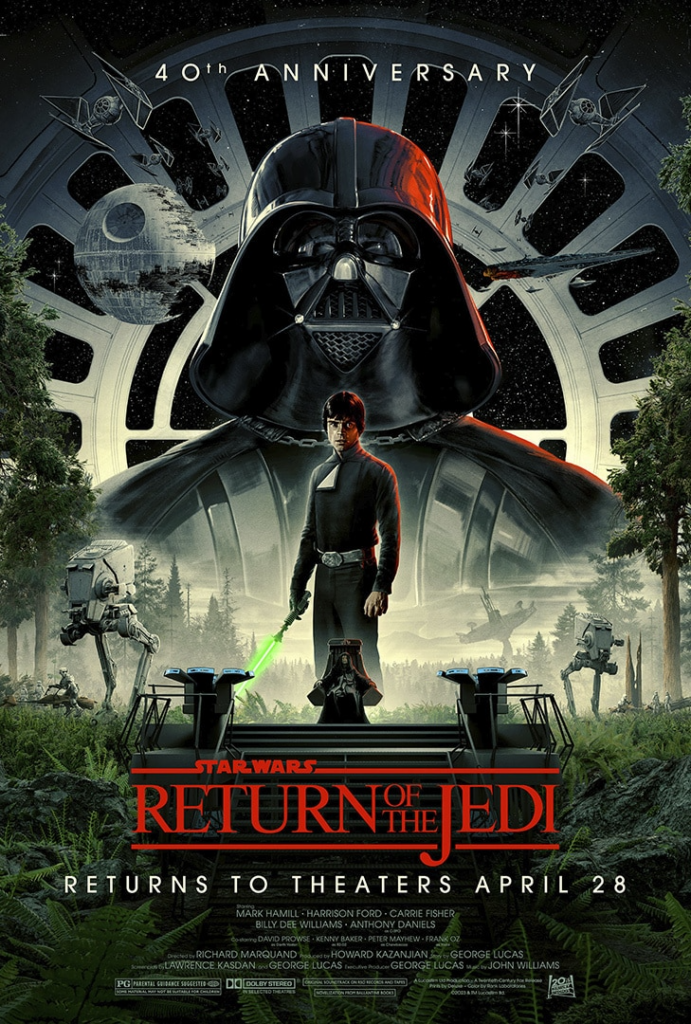 What do you think about movie remakes? (I don’t suppose anyone has tried to rewrite a book, so I can’t really ask about that. Unless someone has done so, in which case, please let me know! The fairy & folk tales I won’t count, mind, since they’re rather perpetually in flux. Neither do adaptations. How does one go about rewriting a book without it becoming a spinoff?) Personally, I haven’t watched too many remakes, but I did just watch two versions of Solaris within a week or so of each other, and the remake wasn’t terrible, which from what I understand is just short of a miracle.* (To really complete the post, I feel like I’d have to have read the original novel by Stanislaw Lem as well. Unfortunately, I haven’t gotten around to that just yet, but if anyone has, please let us know how you feel/felt about it!)
What do you think about movie remakes? (I don’t suppose anyone has tried to rewrite a book, so I can’t really ask about that. Unless someone has done so, in which case, please let me know! The fairy & folk tales I won’t count, mind, since they’re rather perpetually in flux. Neither do adaptations. How does one go about rewriting a book without it becoming a spinoff?) Personally, I haven’t watched too many remakes, but I did just watch two versions of Solaris within a week or so of each other, and the remake wasn’t terrible, which from what I understand is just short of a miracle.* (To really complete the post, I feel like I’d have to have read the original novel by Stanislaw Lem as well. Unfortunately, I haven’t gotten around to that just yet, but if anyone has, please let us know how you feel/felt about it!)
*I did also watch the remake of It, based on the behemoth of a novel by Stephen King. I haven’t watched the original, but I did enjoy the 2017 edition (even as I found it a little preachy during that one scene – was this influenced by the times, or is this also found in the original?).
Back to the main topic. The premise of Solaris is something like this: A psychologist, Kris Kelvin, is sent to the space station where a crew of scientists are studying the planet Solaris, in order to find out what’s happening there. The ocean covering Solaris has been conjuring “visitors” that come from the crew’s minds – it’s not apparent in the movies whether they represent the scientists’ greatest regrets or if they are simply taken from their minds, because one of the scientists implies his visitor is from his imagination rather than from his memory – and they are almost perfect replicas of their originals. Even more disconcerting: they cannot be killed, and if you remove them from the ship, another will take its place that is exactly as the first, which in turn was exactly like (in form) the original memory. What is Solaris trying to do? Is it possible to understand some other form of consciousness so beyond human understanding of consciousness? Do we even understand ourselves, and is it possible for us to extend our understanding to non-human consciousness (if it is indeed a consciousness) if we do not?
Continue reading →

